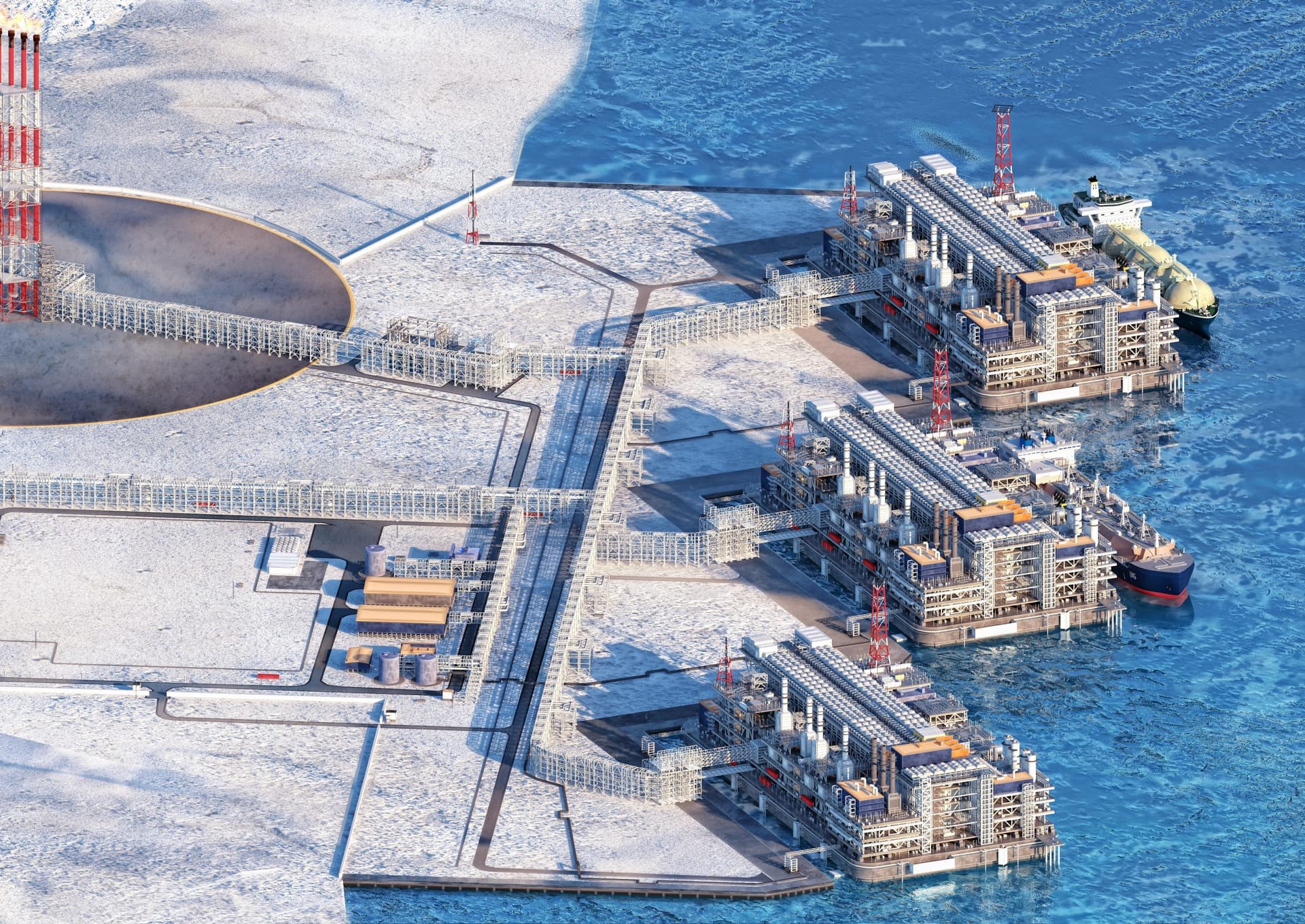Senators Say Discounted Arctic LNG 2 Sales Fund Russia, Prolong War
Four Democratic senators led by Elizabeth Warren accused the Trump administration on November 24, 2025 of weak sanctions enforcement that allowed cargoes from Russia's Arctic LNG 2 project to be sold at steep discounts to Chinese buyers, generating billions for Moscow's war effort in Ukraine. The allegation raises questions about policy oversight, the administration's trade flexibility argument, and the wider humanitarian and economic consequences of allowing wartime revenue flows to continue.

Four Democratic senators, led by Elizabeth Warren, publicly challenged the Trump administration on November 24, 2025, saying lax sanctions enforcement had permitted cargoes from Russia's Arctic LNG 2 export project to move to Chinese buyers at substantial discounts, producing billions in revenue that they say has helped finance Moscow's military campaign in Ukraine. The senators said the State Department's written responses to their inquiries were insufficient and urged more rigorous action to stem the flow of funds.
The allegation builds on reporting by Reuters that about a dozen cargoes from Arctic LNG 2 have changed hands since August at discounts of roughly 30 to 40 percent, according to trade sources cited in that reporting. Those discounts, if sustained at scale, can translate into large, rapid cash flows to the Russian state and state affiliated entities at a time when Western governments have sought to constrain Moscow's ability to fund its war effort through sanctions and export controls.
The senators framed the issue as both a policy failure and a moral crisis, arguing that allowing discounted energy sales to continue undercuts the intent of multilateral pressure and risks prolonging a conflict with profound human costs. The White House responded through an official who framed the administration's approach as one that seeks flexibility to help end the conflict. That defense underscores a tension at the center of U.S. policy between maintaining leverage through strict enforcement, and preserving diplomatic or market tools officials argue may be needed to influence outcomes.
Beyond geopolitics, the dispute has direct public health and humanitarian implications. Revenues that sustain prolonged combat translate into higher civilian casualty rates, wider displacement and deeper strain on Ukraine's already battered health system. Hospitals and ambulances facing shortages of supplies and staff become emblematic of how weak sanctions enforcement can ripple into community level harms far from diplomatic halls. At the same time, global energy market distortions affect household budgets, with volatile fuel prices hitting low income communities and rural areas hardest as heating and transportation costs rise.
The senators called for a stronger interagency response and greater transparency about how cargoes are tracked and sanctioned. Their letter to the State Department highlights the challenges of monitoring energy trades that cross multiple jurisdictions and intermediaries, and it signals possible congressional pressure for tighter enforcement or new legislative steps.
The episode also raises questions about equity and accountability. Communities that bear the immediate brunt of war related displacement and public health emergencies are not the ones profiting from discounted energy sales. Similarly, domestic communities facing higher energy bills and constrained health services pay an unseen price when policy gaps allow revenue to flow to combatants.
As lawmakers press for answers, the controversy is likely to sharpen debates over the balance between tactical flexibility and principled enforcement in U.S. sanctions policy, and to renew scrutiny of how global energy commerce intersects with humanitarian imperatives and democratic oversight.

